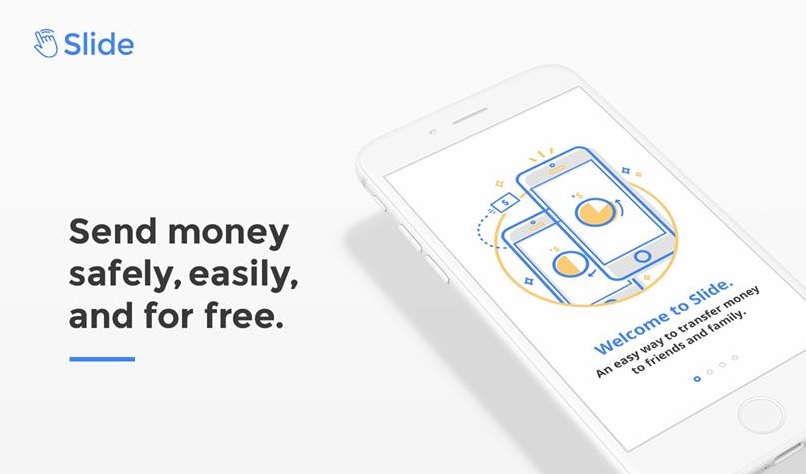South African startup Slide is hoping to establish a competitive advantage in the busy payments space by offering solutions fit for both individual and corporate customers.
Founded in 2017, Slide is, in essence, a P2P payments app that allows users to send money to friends and family using their mobile number or email.
Yet, unlike similar companies in a busy space, it is also targeting corporate customers, with its flexible payment APIs allowing companies to build all of the app’s functionality directly into their own apps.
“In this way, Slide is facilitating mobile payments for individual and companies. We believe easier mobile payments help grow the African sharing economy and lead to increased financial inclusion,” founder Alon Stern told Disrupt Africa.
For reasons of scale, the startup is focused most heavily on its corporate product, Slide Link, which consists of a system of digital wallets which are integrated to payment channels. This system can be built into other apps, since it is accessible via API. Stern explains its value.
“For example, if a startup is setting up a ridesharing company, they will need a system that allows them to take money from their users’ credit cards, keep track of how much each user has using digital wallets, route money from the customer’s wallet to the driver’s wallet while taking some money out as fees, hold the money in escrow until the drive is complete, and allow the driver to withdraw their money to their bank account,” he said.
“The Slide Link system provides the payment system to do all of the above, and will allow the company to launch their app much more rapidly.”
This, then, is how Slide differentiates from its competitors in South Africa, which has a number of payment gateways allowing a company to take money from a user’s credit card.
“In order to build a ride sharing app using a traditional payment gateway, the company would need to develop their own system of digital wallets and would need to integrate with another company doing programmable EFTs to pay their drivers,” said Stern.
“Slide Link differs from payment gateways in that we have a digital wallet system which is already integrated to a payment gateway and programmable EFTs.”
Before starting Slide, Stern and co-founder Terence Goldberg were living in the United States. Upon their return to South Africa, they had spotted the lack of P2P payments apps available, and set out to build one. Customer demand persuaded them to also focus on businesses.
“After we launched the Slide app, we received a constant stream of requests from companies who wanted to build our payment mechanism into their own apps. We then realised that there was an even bigger opportunity to provide out-the-box payment solutions for companies launching exciting new apps that require sophisticated payments,” Stern said.
The bootstrapped startup took part in the US-based Boost VC accelerator in 2017, from which it received pre-seed investment, but otherwise has been totally self-funded. Its P2P app is entirely free, and does not generate any revenue, with Slide Link charging transaction and user fees.
“Slide has had great traction to date. We have thousands of downloads and have processed millions of rands through our system,” said Stern. “We are currently only in South Africa. We would like to expand into other Africa countries in the next few years.”


